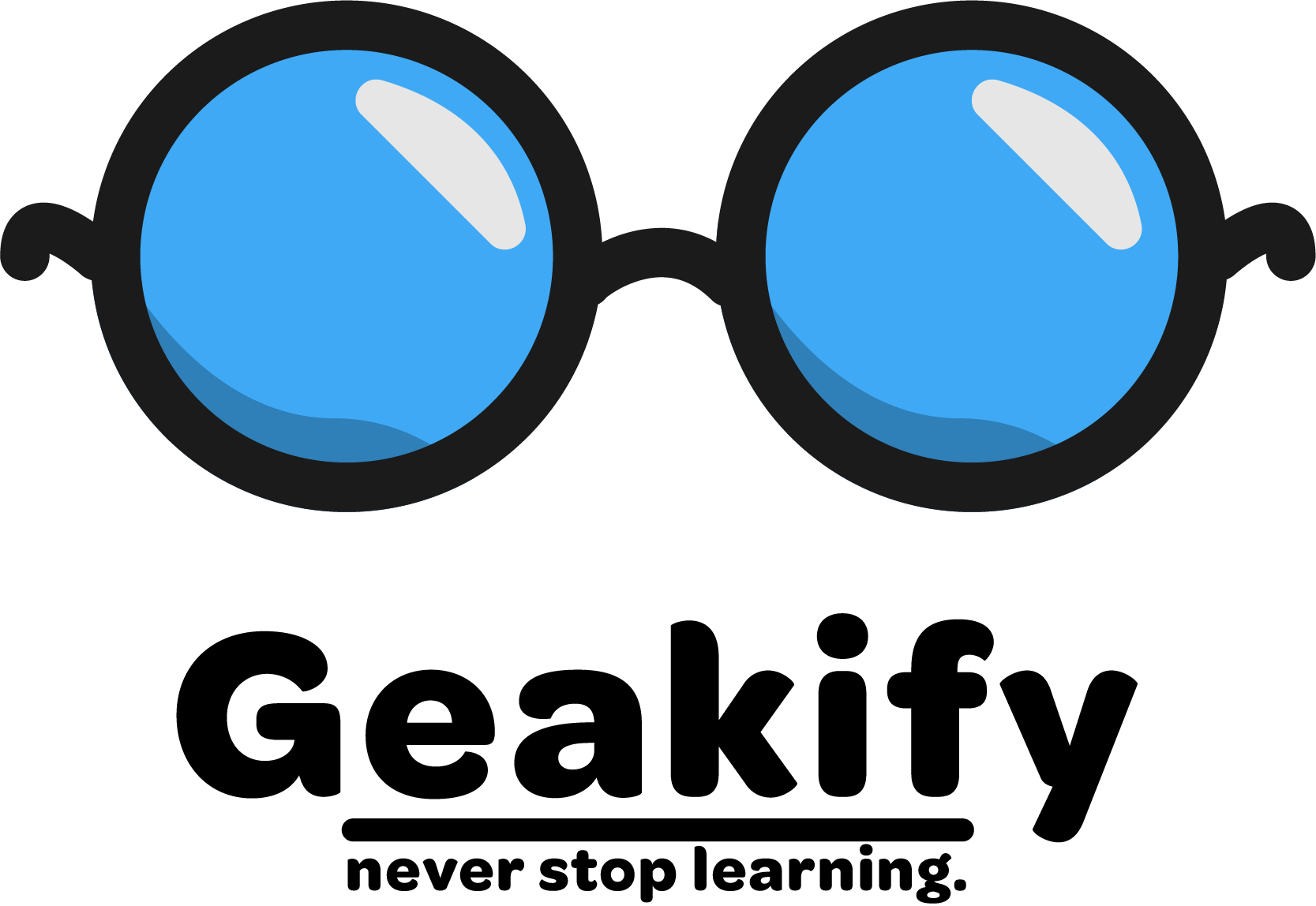5 Tips To Create the Perfect Dungeons & Dragons Campaign for New Dungeon Masters (2023).

I've played D&D for years, and I love it. It was therefore extra terrifying when I took the leap and stepped into the DM´s shoes for the first time in 2021. In this article I'll tell you all about how you can make your first campaign one that your players will absolutely love . These are 5 tips to create the perfect D&D campaign for new DM's.
List of contents 📃:
Set the premise 🏹
Before you start adding the Dragon part to your D&D, start off by clarifying a premise. This can be broken into five parts.
- The Problem that must be solved.
- The Setting the players are in.
- The Enemy the players must defeat.
- The Stakes - what's going to happen if they fail?
- The Deadline - How long until catastrophe strikes?
The problem 🔎
There are plenty of problems in the world of D&D, the problem is picking one. Have goblins taken over a local village and must either be dealt with by force or by reason? Is there an evil warlock rampaging the streets, who has actually been possessed by an omnipotent spirit? Did someone steal someone else's sweetroll?
You will find no end to the creative rope that is D&D world building, but picking one problem and sticking with it will make the rest of your journey easier.
The setting ⛈
When it comes to creating a setting, finding one that matches your problem, at least to some extent, is beneficial. If your problem is that shady fishermen have stolen an important load of crabs containing weird looking gems found on the bottom of the ocean, you might want your setting to reflect that. Maybe the adventure takes place on the rainy sea, with thunderstorms and whipping waves crashing in, almost drowning the players.
If your problem is that the town wizard has created some mysterious potion, and is now forcing it down the throat of innocent citizens every night, then maybe your setting should be a small town with shady corners, narrow back alleys, and of course, the wizard's tower looming in the distance.
The villain 💀
Antagonists come in many shapes and forms. The fun part is making them not seem like antagonists before it's almost too late. Sure, you can have a Jafar-looking bad guy who enslaves towns of people and loves manipulating DNA for making new orc hybrids. You could also make the nice old lady down the street have a secret racket in her basement, causing local children to have nightmares.
Make sure your antagonist, or enemy, is in line with the problem, and can thrive in the setting you choose. If we take the fisherman example from before, maybe the antagonist is a sea monster who eats the fishermen's boat and turns the whole adventure on its head. In this case the previous antagonists are replaced with a bigger, scarier one.
The stakes 💰
Once you have your problem, your setting, and your enemy, the stakes might become obvious. If the local wizard's schemes aren't stopped soon, the entire town will soon turn into a slave population controlled by him! If the gems aren't recovered from the shady fishermen, their magic abilities might never be discovered.
If the nice old lady down the street isn't brought to justice for her nightmare-inducing ruckus, no one will dare to sleep in this town ever again.
No matter the stakes, make sure they are high. The players need to feel like this is an important mission that they will have some pride in completing. That is going to make your campaign unforgettable.
The deadline ⌛️
When you set the stakes, setting the deadline is almost self-explanatory. You need to make sure your players aren't fiddling around trying to get discounts on health potions while the dwarven uprising is happening outside their doorstep.
Make time matter. The players need to have a sense of urgency. This will keep the intensity of the campaign, and keep everyone on the edge of their seats. If we don't get to the castle before sundown, the queen might die from her lethal hobgoblin infection!
A tip here is to make it seem like there's little time, but actually giving them just enough time to make it through. This will make everything feel more rewarding, and the players will feel bad-ass for making it just in time.
Don't over-plan 🧮
You might want to have every little detail covered just in case your players decide to check out that specific book on the bookshelf in the dungeon. Here's the truth, they probably won't.
Your players care about two things (most of the time).
- Their own character.
- What's happening right now.
In other words, don't spend the night before making tons of details that your players might stumble upon, when you could be spending your time making the premise even better, for instance.
That being said. You definetely should have some details in there, but make sure they are easy for the players to discover. The intriguing backstory of your villain might be written in a diary found on his dead body (which your players will definetely scavenge). Other players might just want to explore every little nook and cranny of your made up cave, and if that happens you can always improvise.
Improvise 🎭
What a great segway that was to our next topic.
No good D&D session has ever come without a solid sprinkle of improvisation. Any good DM will tell you that, and players usually don't know when it occurs.
Not everyone is good at impro, and that's fine. You might want to have a couple of options planned out, like conversations with NPCs and possible outcomes in your made up situations. Maybe the players try to reason with the undead hellhound (Good luck with that). Maybe they skip all dialogue and just go full murder hobo.
Your players are unpredictable, and that can either be super annoying, or what makes the session the most memorable experience for everyone. Or both.
You should however prepare yourself, because improvisation is going to happen no matter what. The most important thing to remember is that there is no point trying to force an outcome. Be open to changes, and let the players help you create your world and your story through their characters and roleplay.
You build the world, the players create your story.
The rule of 3 ☘️
At the very beginning of your campaign or one-shot, it can be tempting to guide the players into a certain situation in order to kick-off the main story.
If your players feel like they are being forced into a story, however, they might not immerse themselves the way you hoped, making the whole session limp and uninspiring.
By giving them 3 options to explore, such as visiting the local tavern, answering a crazed old man on the sidewalk, or reading a notice board full of wanted-posters, your players will feel like it is their own choice to parttake in the adventure you have planned.
The options shouldn't sound like three random actions, though.. If your players are outside the tavern, you can describe what they see, which just so happens to be those three options.
All of your options can lead to the same result, being the next step in your journey. It is advised however, to keep the options somewhat unique so that if they had spoken to the old man instead of the bartender at the tavern, they might have gotten different information, or a different start to the journey.
This also adds to your campaign's replay value, especially for your sake as the Dungeon Master.
Steal 🔓
Let's pretend that you made an entirely new campaign with your own carefully thought out and unique elements, enemies, premises and rewards. There's no way someone else has made that exact campaign before, is it?
Probably not, but many people will have come pretty close.
The point I'm trying to make is that you can and should steal elements from other campaigns that are out there. Books, the internet, Critical Role, ideas are everywhere and you shouldn't be afraid to use them.
That being said, your story should of course not be a copy of someone else's work. That's just going to make you feel less satisfied, and also like kind of a douche. You also won't feel as into the story, and that's really contagious for the players!
What you should steal are bits and pieces of other campaigns or stories that you know of, and incorporate them into your campaign. There are very few original concepts your brain can muster up (no offense), because everything has been done before at least in some way. Stealing is the first thing they teach you as an artist, and you my friend, are an artist.

